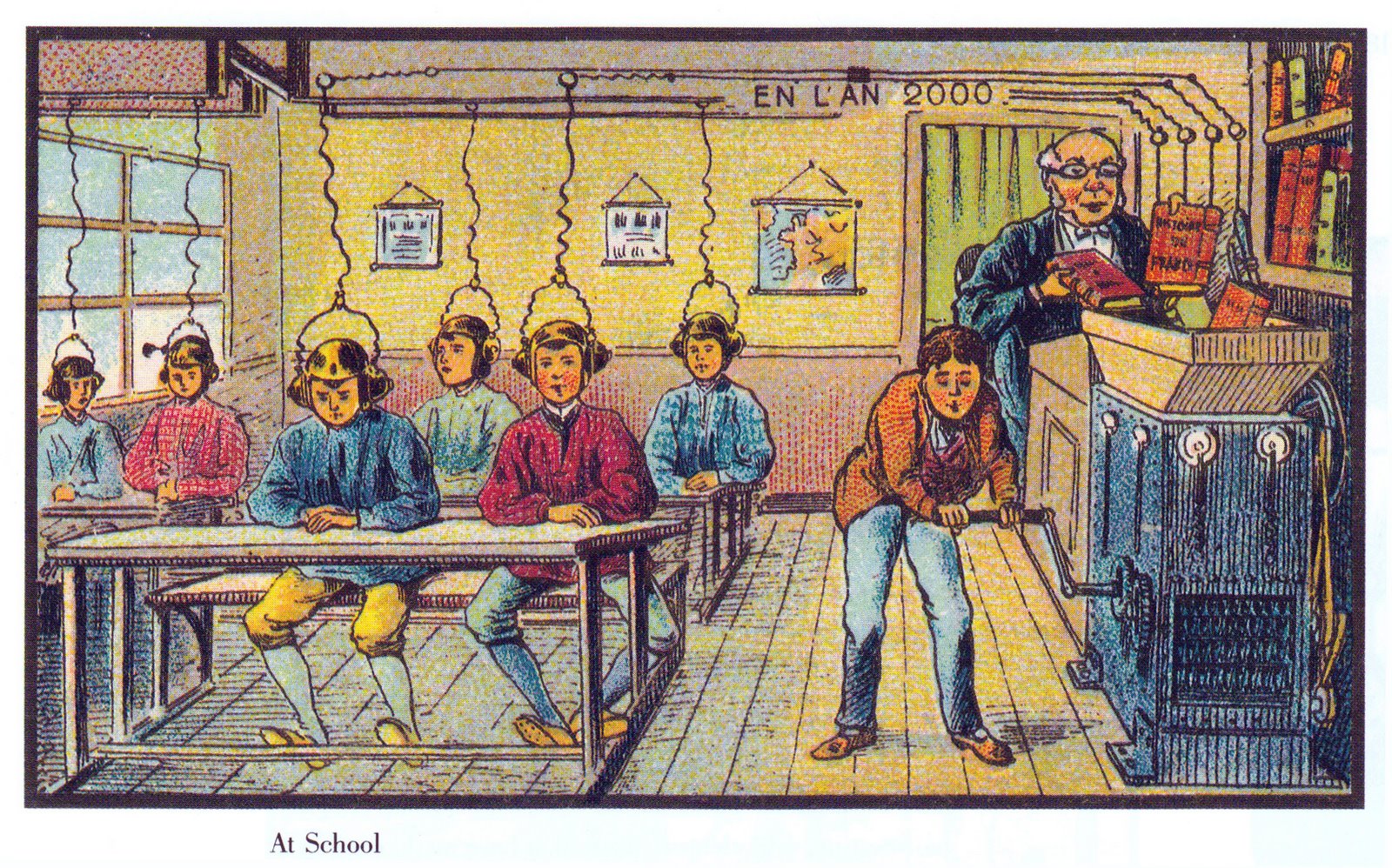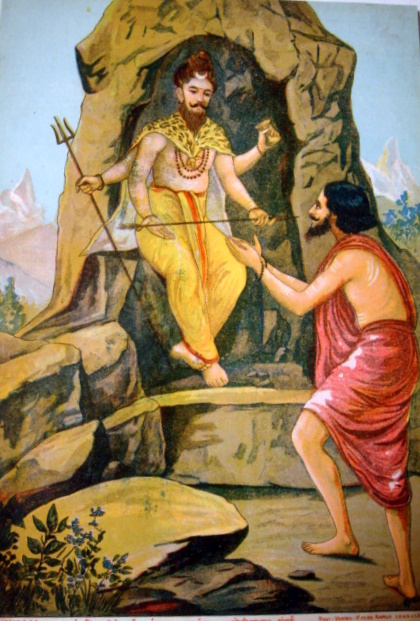The Kauravas and Pandavas fought for control of Hellas Planitia, the largest visible crater on Mars. The battle had raged on for nearly two weeks now. Drona was sad to see the cousins fighting in this way. He had mentored both groups of men when they were just padawans. His loyalty, however, remained with the Kauravas. As long as Duryodhana still wished to fight, so would Drona.
Drona's skill as a commander was unmatched. They had enormous success today; they had victories on every front, and the Pandavas were unable to claim any successes with Drona at the helm of the opposition.
Yudhishthira, the wise leader of the Pandavas, realized their predicament and devised a plan. He happened to know that the Kauravas spacesuits were manufactured by Lenovo, and they had one major flaw. The spacesuits that the military used ran the same operating system as civilian suits. When Lenovo manufactured the suits, they added a piece of software called Superfish to the bundle. The intent of Superfish was to allow subliminal advertisements to be shown on the suit's visor display. Superfish used a man-in-the-middle attack to insert these advertisements. It allowed encrypted traffic to be routed through an intermediary server which unencrypted the message, inserted the ads, re-encrypted the message and sent it to the spacesuit. Yudhishthira exploited this flaw. He intercepted messages sent to Drona that contained Ashwatthama's telemetry and made it appear as if Ashwatthama was dead.
Everything had gone well for Drona until now. He was on his way back from the midst of the battle to the command post in order to check how everything fared there. He glanced up at his visor again and saw that his son was dead. His heart nearly stopped, and he sank to his knees. Ashwatthama was his legacy and everything he lived for. Without his son, he could not continue the fight. A tear rolled down his right eye, and his spacesuit tried to compensate for the extra moisture. Had he walked another five hundred feet into the command post, he would have known that his son was still alive. Nearby, a starship landed and Dhrishtadyuma stepped out. He unholstered his weapon, aimed down sights, and fired a laser into Drona's heart.
Hellas Planitia
Image from Wikipedia
Author's Note: When I thought about Drona's death, it reminded me of the book "The Martian." The crew of the Mars mission believed that Mark Watney was dead and so they left him on the planet. Similarly, Drona believed that his son was dead and lost the will to live. I thought that Mars would make a good setting to retell this story, and as it involved a space battle, I threw in some Star Wars. The Superfish attack is a real venerability of some Lenovo computers. In order to make a few bucks on advertising, Superfish created a huge security issue for thousands of computers.
Bibliography: "Mahabharata" by Peter Brooks. Website: YouTube



.jpg)




